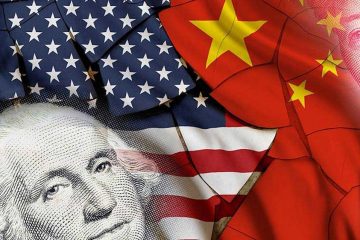US : Confidence rebounds for wealthy investors after election
NEW YORK : Two weeks before the U.S. presidential election, half of wealthy investors were so fearful of turmoil in the stock markets that they either pulled some of their money out or moved it into more conservative investments, according to a survey by UBS Wealth Management Americas.
Roughly a third of people increased cash holdings, and missed out on one of Wall Street’s most profitable rallies in years. The Dow surged to record highs on Republican Donald Trump’s surprise victory, and the S&P 500 financial index had its best week since October 2014.
When UBS surveyed the same 1,200 wealthy investors during the week after the Nov. 8 election, optimism had surged with more than half of investors saying they expect positive returns from the S&P 500 over the next six months.
“The fear of the event was greater than the outcome of the event from a financial markets standpoint,” said Tom Naratil, president of UBS Wealth Management Americas. “It was an emotional decision.”
The group surveyed was split between roughly one third Trump supporters, one third Clinton supporters, and one third of participants who declined to say who they voted for.
After the election, 9 out of 10 investors said that Washington needed to change, and 2 out of 3 people said they believed Trump would be a catalyst for change.
Wealthy investors preferred Trump to his Democratic rival Hillary Clinton overall when it came to tackling their top three concerns: the economy, healthcare and national security.
One third of all wealthy investors said they expect to pay less for taxes.
Trump supporters were the most bullish about the economy after the election, as 33 percent said they plan to increase their investments in the stock market and 25 percent expect they will increase personal spending.
More than half of Clinton supporters said the opposite, with 56 percent fearing an economic recession and 28 percent reporting they are increasing their cash holdings.
Four in 10 investors said they plan to change their portfolios based on their political preferences.

